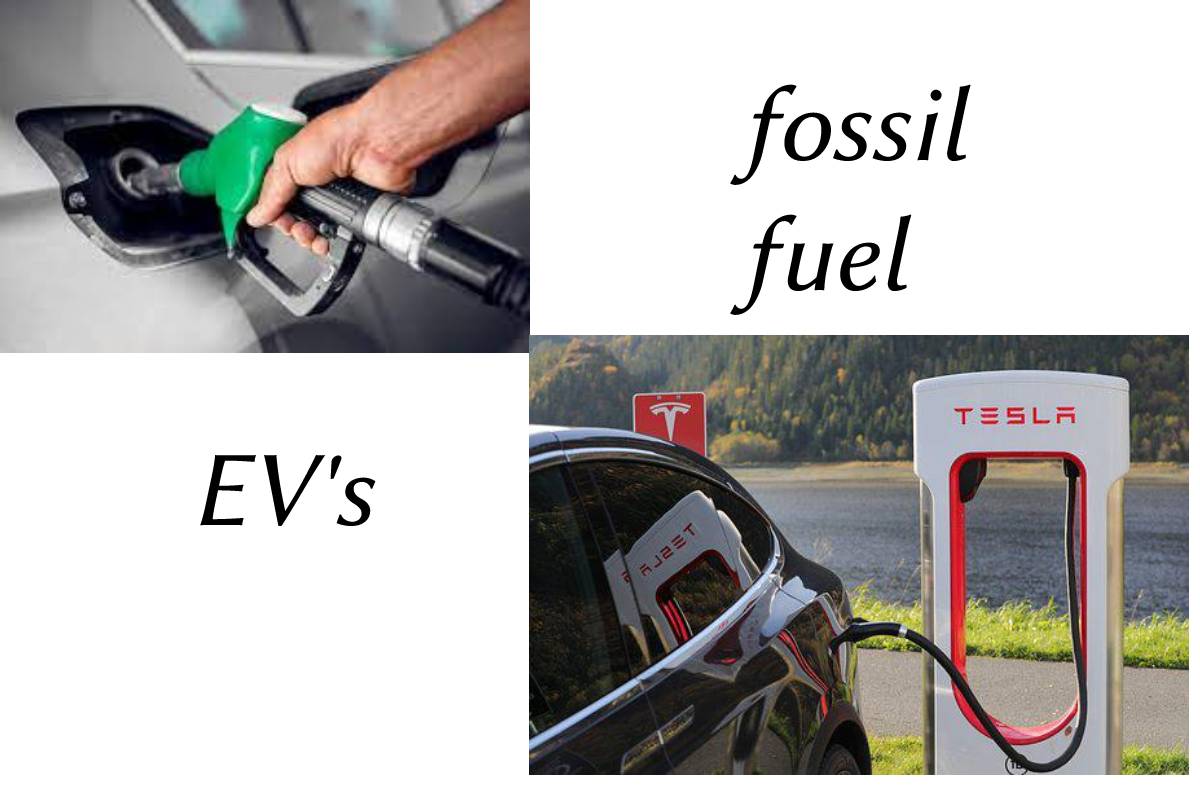
With better technology, lower battery prices, and the desire to improve urban air quality on its side.
Electric vehicles are well positioned to grow their proportion of the global automotive fleet.
The growing popularity of electric vehicles threatens fossil fuels markets.
Independent and oil company forecasters believe electric cars will reduce oil demand for transportation.
National interests trump global warming, Developing world development offsets developed-world climate change initiatives.
Nonetheless, this Inflections scenario predicts a remarkable electrification of global transportation.
While acknowledging the limitations of establishing broader battery distribution networks.
The two-degree carbon trajectory estimates projected a much lower population increase and more electric vehicle sales and use than the other forecasts.
In reality, it’s plausible that these carbon scenarios reflect what has to happen to be on the two-degree trajectory, rather than what forecasters believe will happen.
Other estimates predicted substantially lower EV penetration relative to the mean, indicating the belief that change in the passenger car industry will be gradual and relatively moderate, rather than disruptive.
Demographic changes and economic development are major drivers of global oil consumption, and even in the absence of EV penetration.
Slower growth rates will continue to reduce the pace of rise in oil demand in the long run. Rising income and urbanization are counterbalancing trends in emerging nations.
Lower population growth is assumed in two-degree carbon estimates, which exacerbates the predicted reduction in passenger vehicle sector oil consumption.
There is no agreement on the economic implications of a two-degree carbon scenario.
We are utilizing several economic growth assumptions, which either exacerbate or mitigate the reduction in oil consumption.
We also require to evaluate the timetable for battery costs to fall to levels competitive with internal combustion engines, as well as the impact of battery supply chain challenges on pricing.
Furthermore, the slow rate of new mine openings may limit the rate of battery production and EV penetration.
Overall, unless the world quickly shifts to a two-degree carbon scenario, phasing out oil will take decades and significant legislative measures. It would almost probably need more than a slowing of the rate of expansion in the passenger transportation business.


